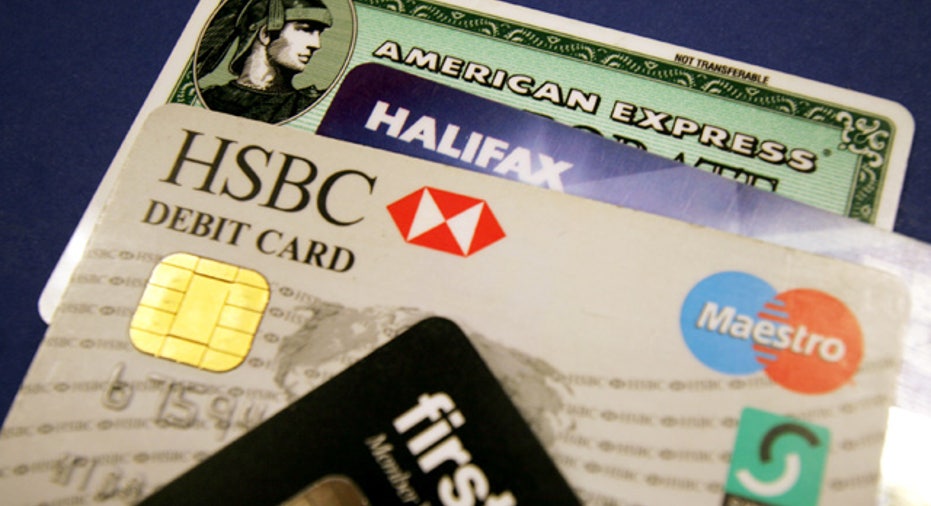Is a zero balance on a credit card bad?

There's a myth that carrying a balance on your credit cards will help your credit score. Of the Americans who use credit cards, half (about 54 percent) pay their balances in full every month, according to the Federal Reserve's Survey of Consumer Finances. But can this practice help or hurt your credit history?
In fact, it helps.
What can hurt your credit score are other ways you use and manage your credit cards--habits you might not even realize have negative consequences.
Is it bad to be a deadbeat cardholder?
Credit card companies prefer you maintain a balance on your cards because that's how they make money--on fees and interest. The higher the interest rate, the more income your balance generates.
"It just escalates," says Kim Howard, CFP, founder and owner of KJH Financial Services in Needham, Mass. "They have you tied in, and you're kind of stuck."
While some may suspect credit card companies try to discourage you from routinely paying your balance in full by lowering your credit limits, that's not always the case. "They certainly have an incentive for you to carry a balance and incur various fees they charge," says Todd Tresidder, financial coach and owner of FinancialMentor.com in Reno, Nev. "The lexicon within the industry is that people who pay off their credit cards every month are considered 'deadbeat' clients."
You should pay all credit card balances in full every cycle to avoid paying interest. Also, doing so helps buoy your credit score and helps prevent adverse consequences later: higher interest rates, higher auto insurance premiums in some states, or not qualifying for credit at all. Your payment history counts for 35 percent of your credit score, according to MyFICO.com.
"People just see the consequences attached to the one credit card bill," Howard says. "They don't really take into effect all these other things that can come up, even years later." Like when you try to buy a car or a home.
How to damage your credit score in 3 easy steps
You should strive to keep your credit score as high as possible, and if you're paying off your balances monthly, you may think you're home free. Wrong. You may unknowingly use or manage your credit cards in other ways that hurt your score. Here are three common ones:
- Using too much of the credit available to you. This may appear on your credit report as an ominous note stating, "Proportion of revolving balances to revolving credit limits is too high." "[This] is a key indicator of risk," says Maxine Sweet, vice-president of public education for the credit bureau Experian. The lower your utilization ratio (your total debt compared to your total available credit), the better. For example, if your available credit is $20,000, you shouldn't have more than $6,000 in all on your credit cards at any time. Your utilization ratio makes up 30 percent of your credit score.
- Requesting a higher credit limit. You may want a higher credit limit to boost your available credit, which could also improve your utilization ratio. However, doing this may ding your credit score for about six months. If you've had the card for only six or fewer months, don't bother asking, as the issuer will likely turn you down, the denial may appear on your credit report and the incident could hurt your credit score. If you've had the card a while, first ask the issuer what's the maximum credit allowed on all of its credit cards and on your particular type. With those numbers, then determine whether or not you should request a higher limit.
- Canceling multiple cards at once. Each time you close a credit card account, it temporarily lowers your credit score. Avoid canceling more than one card in a nine-month period. The longer your accounts are open, the higher your credit score, according to myFICO.com. The duration your credit cards have been open accounts for 15 percent of your credit score. If you pay off your cards monthly, generally you can't have too much credit or too many credit cards, Howard says. For example, consider two people who never carry a monthly balance, with all other factors being equal, one with two credit cards and $10,000 available credit, the other with six cards and $50,000 available credit. The latter will generally have the higher credit score. This is primarily due to having more available credit, which lowers their utilization ratio and makes them seem more creditworthy. "The highest available credit line with the fewest number of cards is the best," Howard says. "With that being said, the higher your available credit, the better, even if it means more cards."
Because maintaining a positive payment history is critical to a high credit score and your best credit report, the experts' advice, which Howard reiterates, remains valid: "Pay off your cards monthly regardless of anything that might happen as a result."
The original article can be found at CardRatings.com:Is a zero balance on a credit card bad?



















